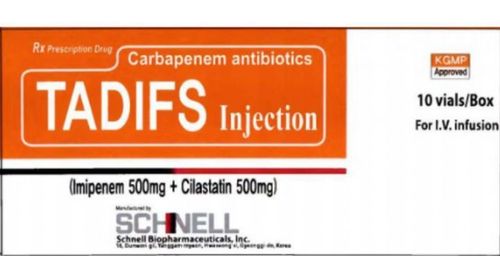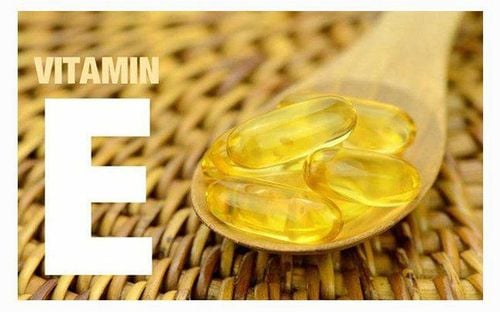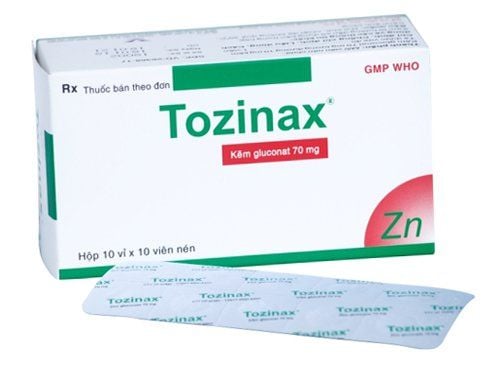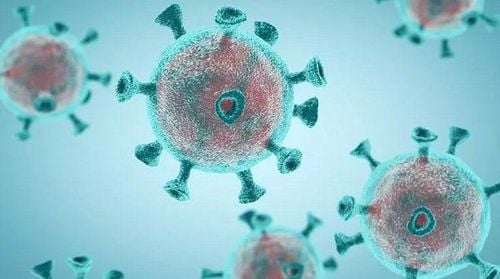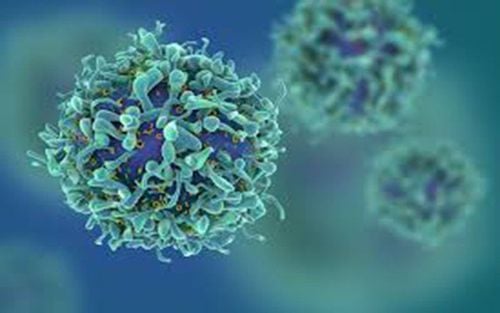This is an automatically translated article.
Zinc is an essential trace element for all living things. For humans, the growth and development of the body is closely dependent on zinc. The nervous, reproductive, and immune systems are particularly affected by zinc deficiency, as are excessively elevated levels of zinc. So how complicated is the relationship between zinc and the immune system?
1. How does zinc affect the human body?
Effects of zinc on the human body:
Zinc absorption depends on the composition of the diet, age and disease status; Zinc is a cofactor in more than 300 enzymes, zinc affects the functions of various organs, has a secondary effect on the immune system; Zinc directly affects the reproduction, maturation and function of white blood cells; Zinc affects the immunostimulation used in the experimental system. Although the essential properties of zinc for plants and animals have been known for many decades, the essential properties of zinc for the human body were only recognized 40 years ago in the Middle East. Zinc deficiency patients lead to severe immune dysfunction, even death from superinfection as early as 25 years old, so zinc and immune system are closely related.
In studies in human experimental models of zinc deficiency, decreased serum testosterone levels, blood disorders, severe immune dysfunction (mainly affecting the cells) have been observed. helper T cells), increased serum calcium levels, neurological disturbances, and decreased body mass.
Zinc deficiency is common in developing countries and around 2 billion people are experiencing developmental delays due to zinc deficiency. Besides growth retardation and immune dysfunction, cognitive decline due to zinc deficiency has also been reported in recent studies.
Zinc is also an antioxidant and has anti-inflammatory effects. Therapeutic roles of zinc in acute infantile diarrhea, enterodermal dermatitis, prevention of blindness in patients with age-related macular degeneration, and treatment of the common cold have also been reported. More recently, substudy suggests that in both young and elderly adults, zinc supplementation reduces markers of oxidative stress and the production of inflammatory cytokines.

Kẽm tốt cho miễn dịch của cơ thể
2. Manifestations of zinc deficiency
Manifestations of severe zinc deficiency in humans include: vesicular dermatitis, alopecia, diarrhea, emotional disturbances, weight loss, infections due to cell-mediated immune dysfunction, insufficiency male genitalia, neurological disorders and difficult to heal ulcers. If this condition goes undetected and untreated it can lead to death. Manifestations of moderate zinc deficiency include: growth retardation and male hypogonadism in adolescents, rough skin, loss of appetite, mental lethargy, delayed wound healing, and immune dysfunction. cell-mediated and abnormal neurological changes. Zinc deficiency in developing countries is often due to people eating a lot of protein from cereals rich in phytate (an organic phosphate compound), which reduces zinc absorption. Other causes of zinc deficiency include: malabsorption syndromes, increased proteinuria as seen in cirrhosis and sickle cell disease, blood loss from hookworm infections, and excessive sweating in hot tropical climates.
In 1974, the recommended dietary intake of zinc for humans was 15 mg of elemental zinc per day for both adult men and women.
3. The effects of zinc on the immune system
Zinc and the immune system have a complex relationship, and zinc affects many aspects of the immune system. Zinc is important for the normal development and function of innate immune mediators, neutrophils, and NK cells.
Macrophages are also affected by zinc deficiency. Phagocytosis, intracellular destruction, and cytokine production are all affected by zinc deficiency. Zinc acts as an antioxidant and stabilizes membranes, preventing damage caused by free radicals during inflammation.
In studies, when zinc deficiency was very mild (3-5 mg zinc), plasma zinc concentrations remained within the normal range and decreased only 4-5 months after zinc restriction. . On the other hand, zinc levels in lymphocytes, granulocytes and platelets decrease within 8-12 weeks.
Thymulin is a specific hormone of the thymus and this hormone requires zinc to be biologically active, Thymulin binds with high affinity receptors on T cells, promoting T cell function including: cytotoxic, allergenic, functionally inhibited and interleukin-2 (IL-2) production. In mild zinc deficiency, serum thymulin activity is significantly reduced and is only improved by zinc supplementation.
NK cell activity is also sensitive to zinc restriction, so zinc plays a very important role in human T cell functions. Studies in human models showed that IFN-γ production was reduced, while IL-4, IL-6, and IL-10 production were not affected by zinc deficiency. IFN-γ downregulates T helper 2 (Th2) cell proliferation and IL-10 can downregulate T helper 1 (Th1) clone. Cell-mediated immune dysfunction in zinc-deficient humans may be due to an imbalance between Th1 and Th2 cell function.

Kẽm và hệ miễn dịch có mối quan hệ khá phức tạp
4. Benefits of Zinc Supplementation for Human Infectious Diseases
In double-blind, placebo-controlled trials of immune-promoting zinc, zinc reduced the incidence and duration of acute/chronic diarrhea and acute lower respiratory tract infections in infants and young children. em. Zinc supplementation to patients with sickle cell anemia in a placebo-controlled trial reduced the incidence of Staphylococcus aureus pneumonia, streptococcus pneumoniae tonsillitis, and E. coli. Recent studies have also shown that zinc supplementation in elderly subjects significantly reduces the incidence of infections. Zinc is an essential trace element for all living things. For humans, the growth and development of the body is closely dependent on zinc. If the body lacks zinc, it will greatly affect the organs in the body.
On the market, zinc is used as a micronutrient, used to provide the body with 2 types of preparations: synthetic zinc and biological zinc. While synthetic zinc is produced industrially from chemical reactions in pharmaceutical factory labs, bioavailable zinc is derived entirely from nature. Accordingly, to produce biological zinc, scientists extract it from organic food sources, similar to how the body absorbs zinc from food. This helps to increase the absorption of zinc into the blood of biological zinc up to 3.7 times compared to synthetic zinc. Therefore, the addition of biological zinc will help the body absorb better.
In addition to zinc, parents also need to supplement their children with other important vitamins and minerals such as lysine, chromium, B vitamins,... errands.
For more nutritional knowledge and child care for each age, parents should regularly visit the website vimec.com and make an appointment with the leading doctors, pediatric and nutrition experts of the National General Hospital. Vinmec when needing advice on children's health.
References: pubmed.ncbi.nlm.nih.gov, ncbi.nlm.nih.gov





